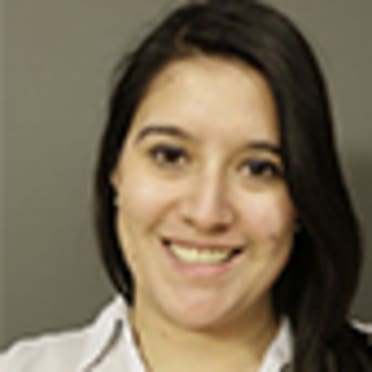It is high, it is deep, it is ... a triple?! Only in SF
How Triples Alley came to be -- and survive -- at an iconic ballpark
MLB.com is starting a new series seeking to answer some of the most common fan questions about teams’ traditions, stadiums, players and history. Our first installment covered the origin of McCovey Cove and the history of splash hits. Our second will focus on another unique ballpark feature: Triples Alley.
Keep an eye out for more entries throughout the offseason.
When the Giants were designing their new waterfront ballpark in San Francisco, they wanted to include an ode to their old home in New York. Thus, Triples Alley was born.
The brainchild of former Giants president and managing general partner Peter Magowan, Triples Alley -- the deepest part of Oracle Park in right-center field -- pays homage to the cavernous dimensions of the Polo Grounds in Manhattan, where the club played before moving west in 1958.
Magowan, who died in 2019, grew up following the New York Giants and loved watching Willie Mays patrol the vast expanse of grass at the Polo Grounds, where the Hall of Famer made his iconic over-the-shoulder catch on Vic Wertz’s drive to deep center field during the 1954 World Series.
Triples Alley originally stood 421 feet away from home plate and intersected with the 25-foot brick arcade in right field, though it underwent some modifications after the Giants decided to relocate the bullpens from foul territory to center following the 2019 season. The feature was cut to 415 feet during the renovations, though management felt it wasn’t drastic enough to change the overall essence of the ballpark.
“The triple is a spectacularly exciting play, and it’s been a signature of the ballpark,” Giants CEO Larry Baer told the San Francisco Chronicle in 2019. “I don’t think there’s any desire in our four walls to get rid of it. Whatever 421 [feet] become, if it changes, I think the major thrust of the ballpark will not change in that respect.”
While it’s still difficult for left-handed hitters to clear the Triples Alley fence, the slightly friendlier dimensions were welcomed by Giants position players.
“I don't think it's ever really a bad thing for a hitter when you move the fences in,” first baseman Brandon Belt said in July. “Eyeballing, it kind of seems the same out there. I didn't really notice a difference. But I definitely don't hate it, that they did move it in.”
